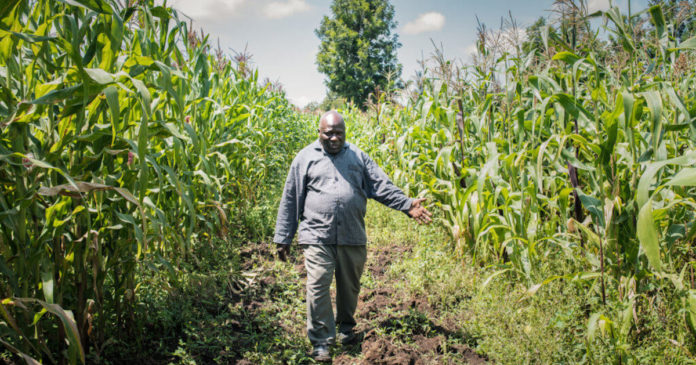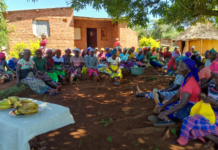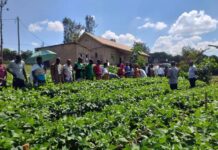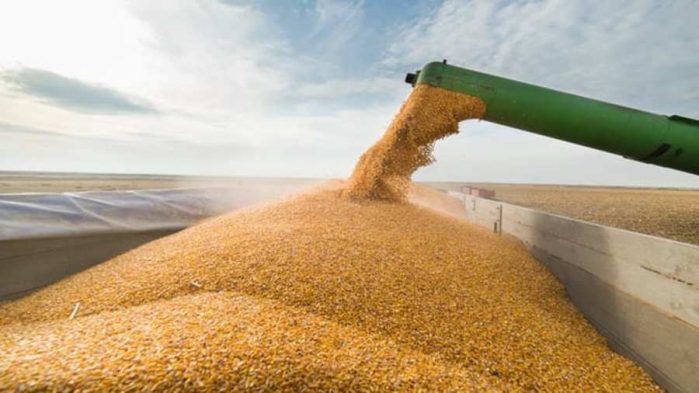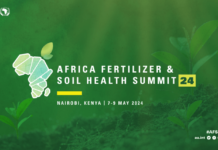The lean farming season in Lesotho has ended, and most farmers households are expected to have depleted food stocks from the 2021 harvest with increased reliance on market purchases for food.
According to the Famine Early System Network (FEWS NET) at the same time, green consumption has started for some households. Crisis (IPC Phase 3) outcomes are likely ongoing in some areas of the country.
“Although, as the green harvest is beginning, many households have started to access own-produced foods. As the harvest becomes fully established, food security outcomes are expected to improve in the coming months,” it said.
Above-average rainfall for the January to February period led to favorable crop development across much of the country, notably for maize and sorghum. The maize and sorghum harvest begins next month. National production is likely to be above both last year and the five-year average.
FEWS NET added the monthly price of maize meal was stable in January and near last year’s levels but significantly above the five-year average. The stable levels generally reflect adequate regional supplies of maize.
“However, there was an uptick in edible oil and wheat flour prices for the past four months. Prices for edible oil and wheat flour were above last year and the five-year average. Following the invasion of Ukraine and sanctions on Russia, global prices for energy and food commodities and freight costs increased.”
According to FEWS NET Lesotho is a net importer of these commodities, there will likely be some price transmission to domestic markets. Food prices are expected to remain high compared to last year and the five-year average and will negatively impact purchasing power of market-dependent households.



